When it comes to enhancing the durability, appearance, and functionality of your concrete surfaces, epoxy coatings are a top choice. Whether for residential, commercial, or industrial applications, selecting the right epoxy coating solution can make a significant difference in the performance and longevity of your floors. Here’s a comprehensive guide to help you choose the best epoxy coating for your concrete surface.
Epoxy coatings are a type of resin applied to concrete surfaces to create a durable, long-lasting finish. These coatings are known for their strength, resistance to chemicals, and aesthetic versatility. They are commonly used in garages, warehouses, showrooms, kitchens, and industrial facilities due to their protective and decorative qualities.

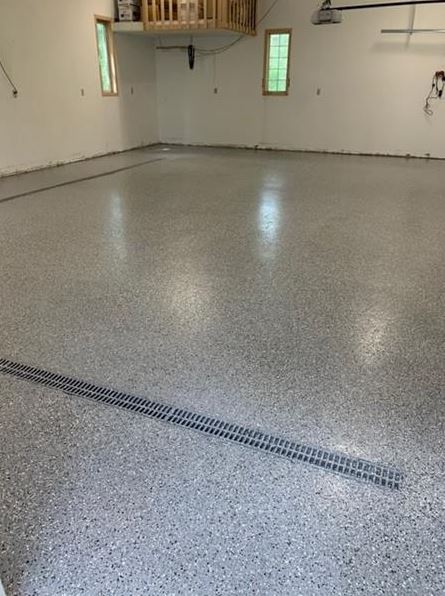
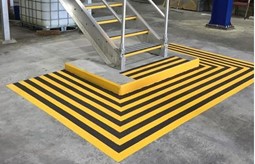
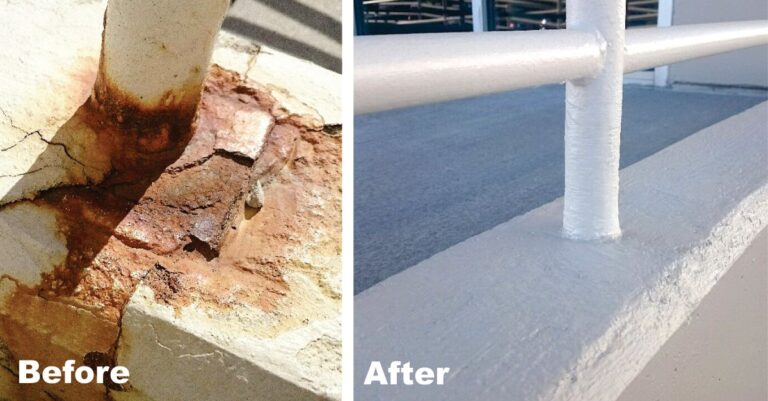
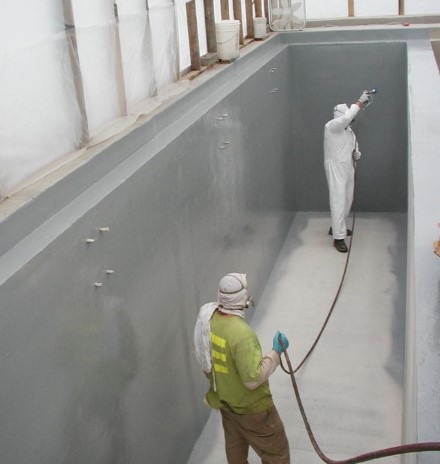
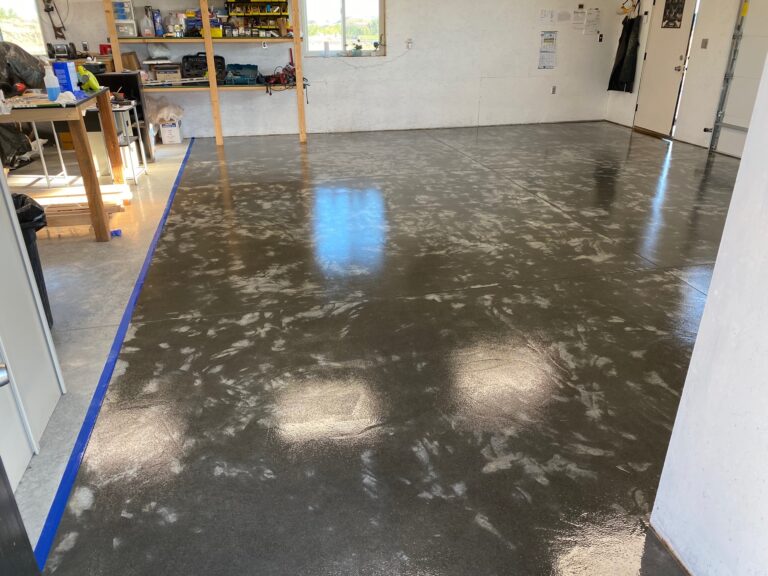
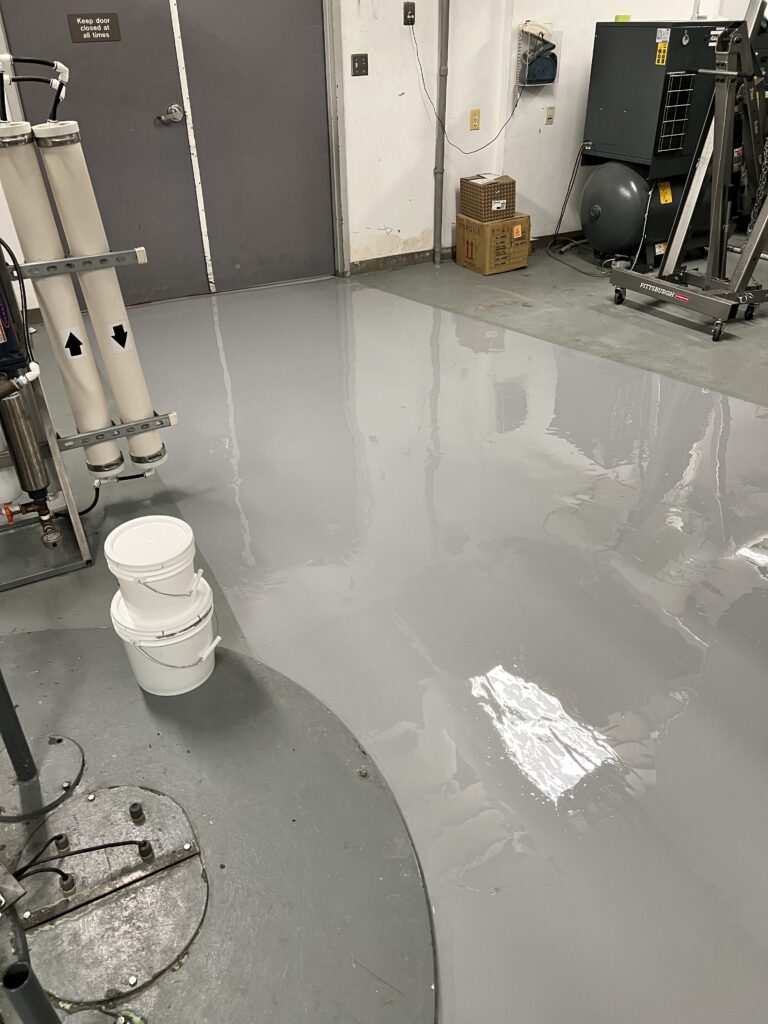
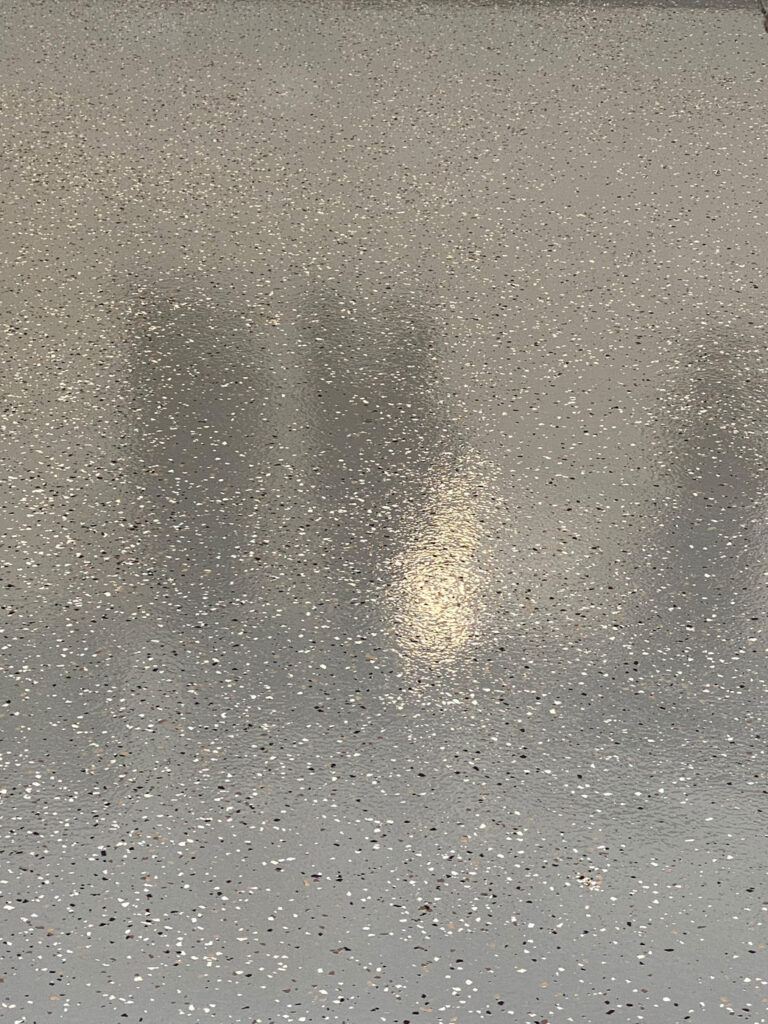
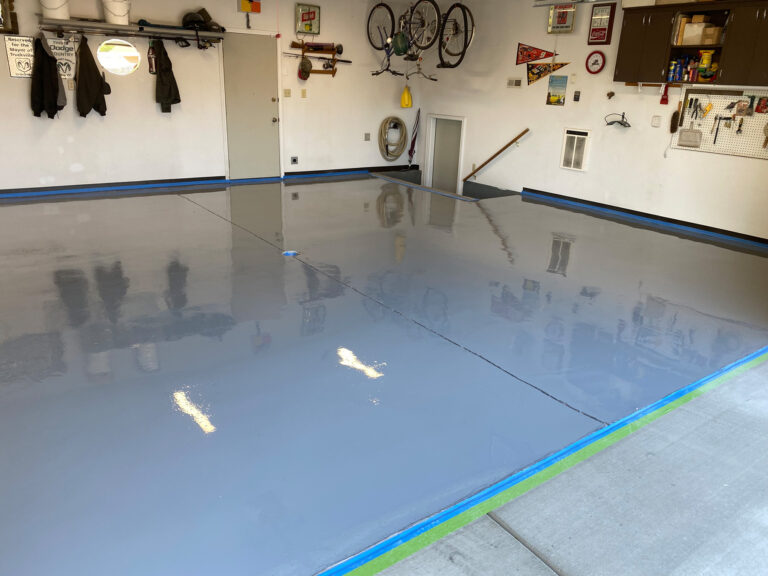
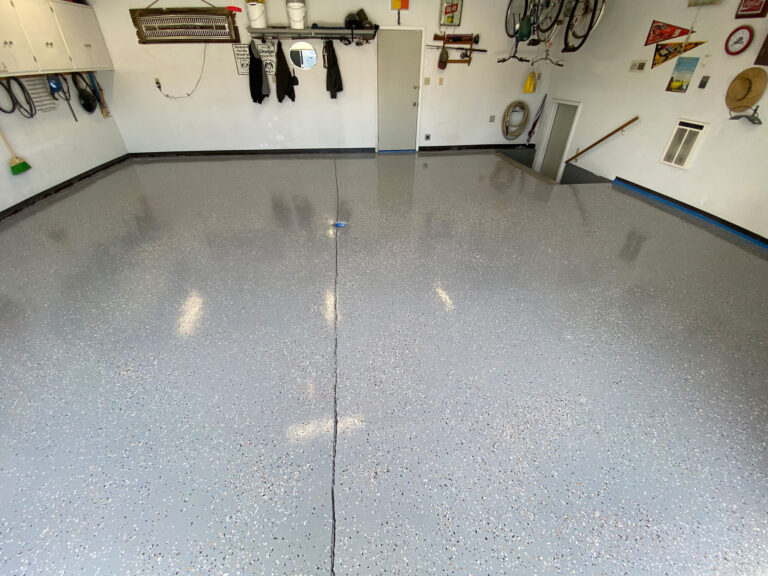
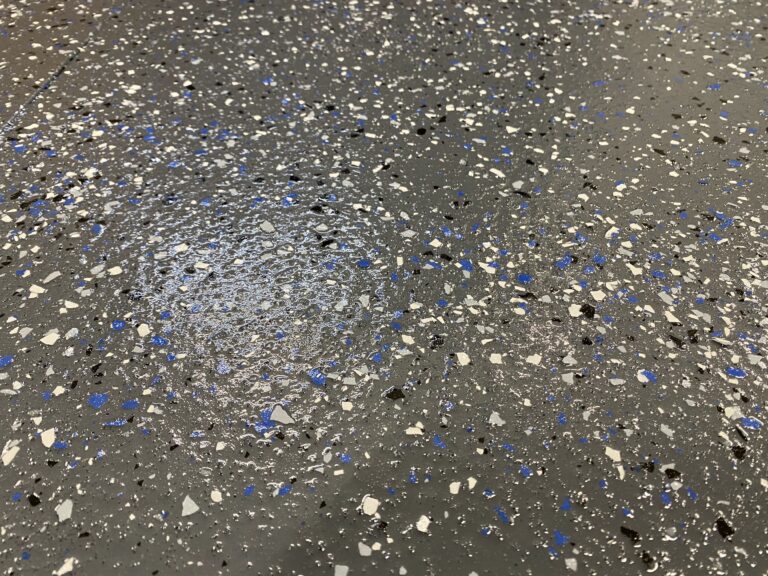

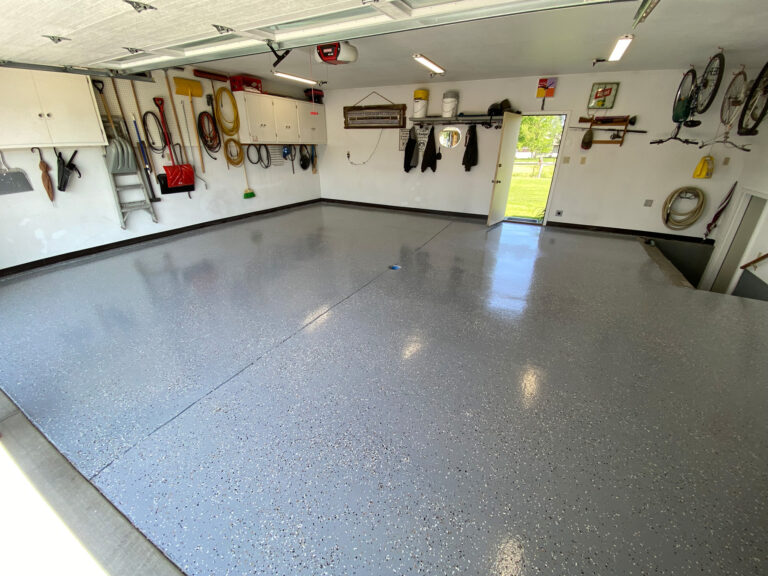
1. Assess the Environment
2. Determine Aesthetic Requirements
3. Evaluate Safety Needs
orough cleaning, and, if necessary, profiling the surface to ensure optimal adhesion of repair materials. This meticulous preparation sets the stage for a durable and long-lasting concrete repair.
4. Consider Application Conditions
For professional guidance and installation, contact Stout Repairs. Our experienced team is dedicated to helping you select and apply the perfect epoxy coating for your needs, ensuring exceptional results that stand the test of time.
Contact us today to schedule a free consultation and discover how our epoxy coating solutions can elevate your space.